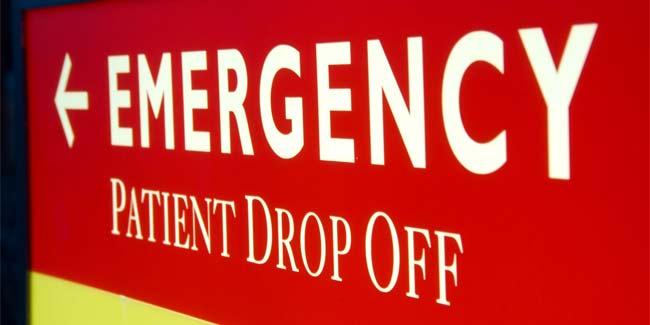

More than one-third of people having a stroke don't call emergency, even though that's the fastest route to potentially lifesaving treatment, a new study reports.
For patients with ischemic stroke — a blood clot blocking a blood vessel in the brain — prior research has shown that administration of clot-busting drugs within two hours of symptom onset greatly reduces the odds of disability three months later. Ischemic stroke is more common than hemorrhagic stroke, which occurs when a blood vessel bleeds into the brain.
"Prompt diagnosis and early management is essential to decrease morbidity and mortality after stroke," said lead researcher Dr. James Ekundayo, an assistant professor of family and community medicine at Meharry Medical College in Nashville, Tenn.
"If about one-third does not arrive by ambulance, the implication is that they will have delayed evaluation and treatment with lifesaving drugs," Ekundayo said.
How we keep this article up to date:
We work with experts and keep a close eye on the latest in health and wellness. Whenever there is a new research or helpful information, we update our articles with accurate and useful advice.
Current Version